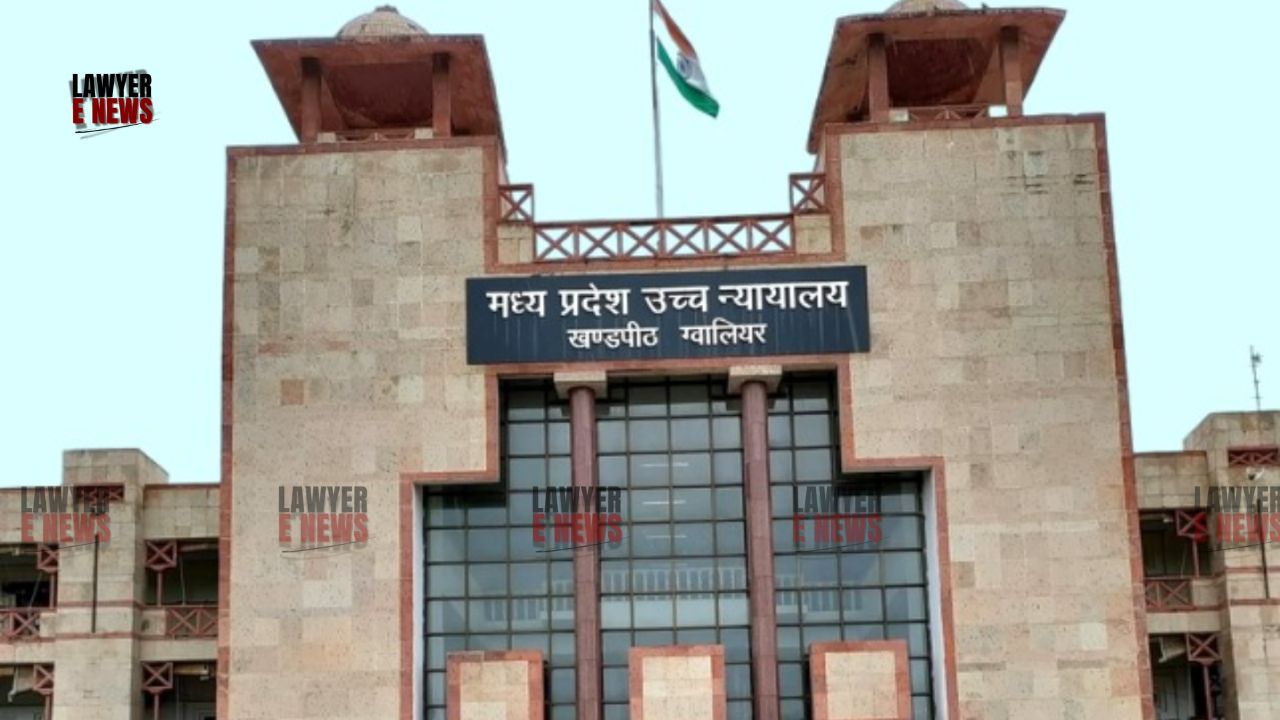-
by Admin
15 February 2026 5:01 PM



In a recent judgment, the Madhya Pradesh High Court has quashed the orders of the Tahsildar and Additional Collector, Narmadapuram, which directed the partition of property based on extraneous considerations. The court underscored the necessity of following judicial directives and criticized the arbitrary actions of the revenue authorities. The bench, presided over by Justice Arun Kumar Mishra, highlighted procedural lapses and the overstepping of jurisdiction by the officers involved.
The case revolves around an application for mutation filed by respondents 1 to 4, which was initially allowed by the Tahsildar but later set aside by the Sub-Divisional Officer (SDO) and the Additional Commissioner. The respondents then challenged these orders in the High Court, leading to the current proceedings. The controversy dates back to a 1975 civil suit that resulted in a compromise decree, declaring the titles of the parties involved without issuing a decree for partition or possession.
The court found that the orders for partition issued by the Tahsildar, Seoni Malwa, and the subsequent dismissal of the revision by the Additional Collector were made without proper legal basis and appeared influenced by external factors. “The order passed by Shri Devendra Kumar Singh, Additional Collector, Narmadapuram, is a glaring example of an order passed because of some extraneous consideration,” noted Justice Mishra .
Justice Mishra criticized the Tahsildar for exceeding his jurisdiction by directing the Patwari to prepare a proposal for partition, an action that was neither supported by a civil court decree nor authorized by the High Court’s order. The court emphasized that the directions issued in its previous order were strictly for the adjudication of the mutation application as per the 1975 decree .
The High Court highlighted the importance of judicial orders containing clear reasoning and adherence to legal principles. It referenced the Supreme Court’s stance on the necessity of reasoned orders, underscoring that public authorities must act within the bounds of their statutory powers and not be influenced by external pressures .
The bench delved into the principles governing judicial review of administrative actions, stressing that any deviation from judicial orders must be justified within the framework of law. The court reiterated that any attempt to bypass or misconstrue judicial directions undermines the authority of the judiciary and erodes public confidence in the legal system.
“The reasons are the heartbeat of orders,” Justice Mishra remarked, emphasizing the need for transparency and accountability in administrative decisions .
The Madhya Pradesh High Court’s decision to set aside the orders of the Tahsildar and Additional Collector reinforces the judiciary’s role in ensuring justice and upholding the rule of law. The judgment sends a strong message against administrative arbitrariness and highlights the critical need for adherence to judicial directives. This ruling is expected to have significant implications for the conduct of revenue authorities and their compliance with legal standards in future cases.
Date of Decision: July 26, 2024
Pradeep Kumar Agarwal v. Nitin Agarwal
